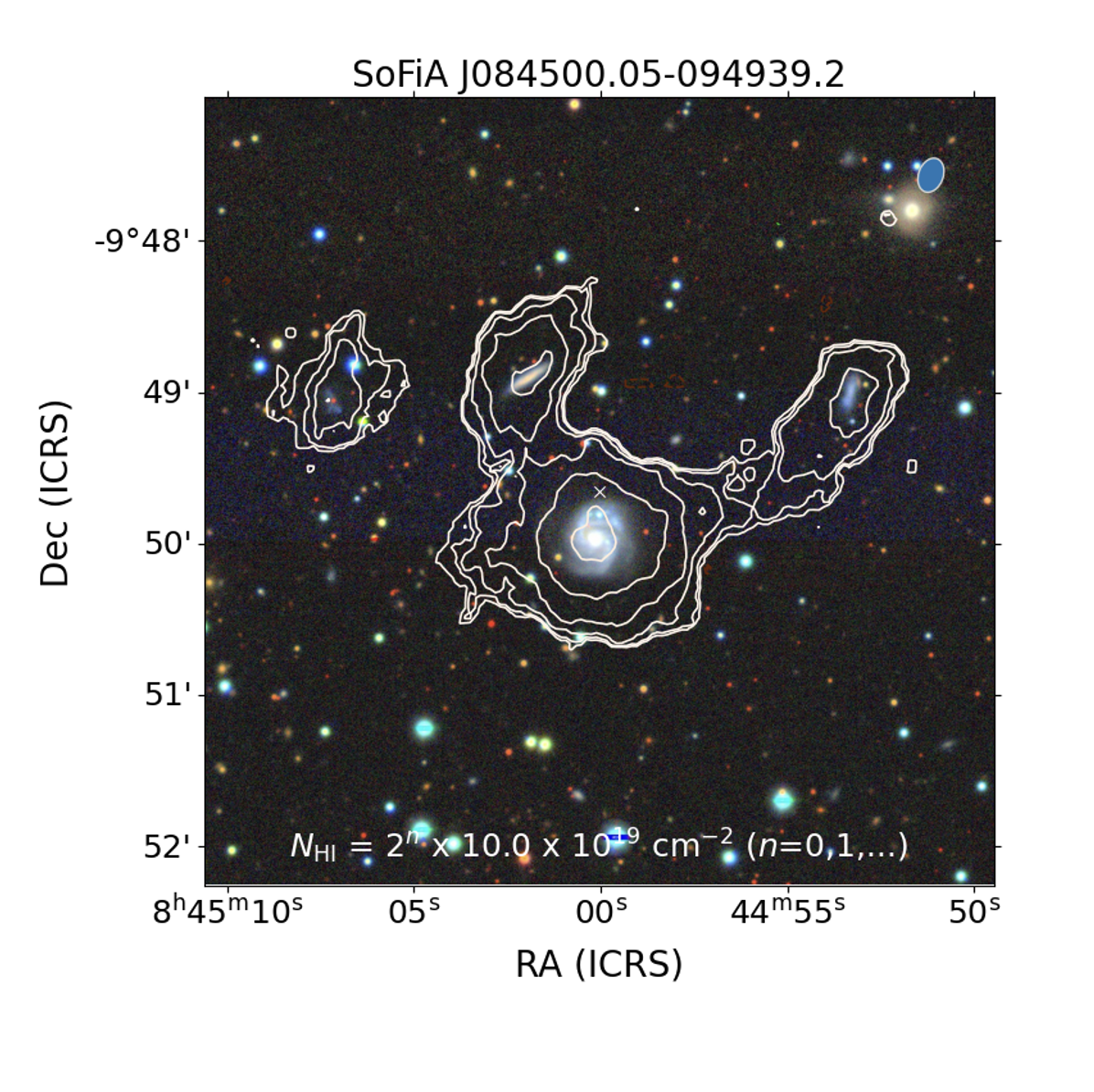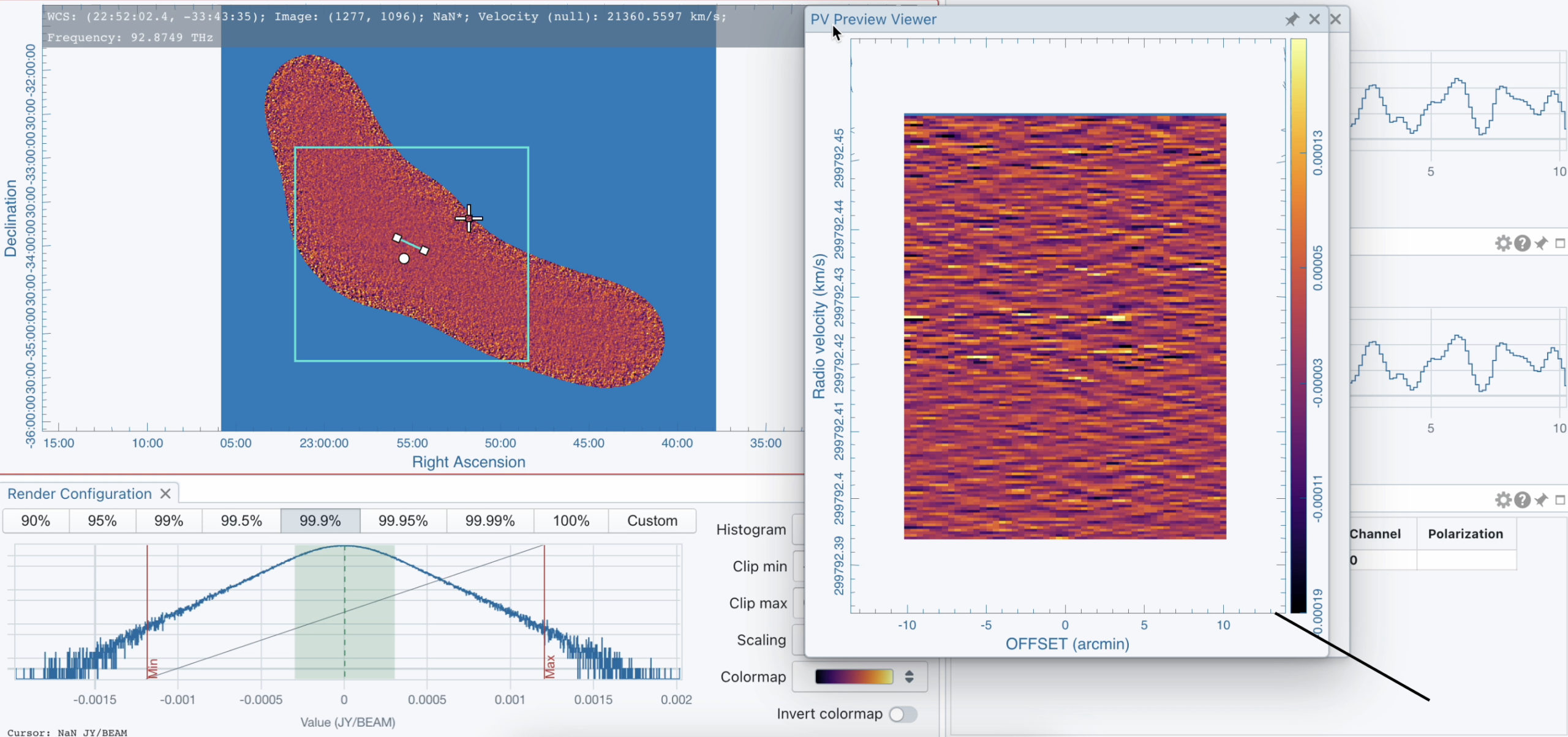NSTF-South32 Awards – winners!!!
IDIA Wins at the 2023/2024 NSTF-South32 Awards! We are happy to announce that IDIA has won the NSTF-South32 Special Annual Theme Award for 4th Industrial Revolution in South Africa! The hybrid gala events of the 26th NSTF-South32 Awards took place simultaneously in Johannesburg, Cape Town and online during the evening of Thursday, 11 July 2024. This prestigeous awards ceremony, which is the … Read More








